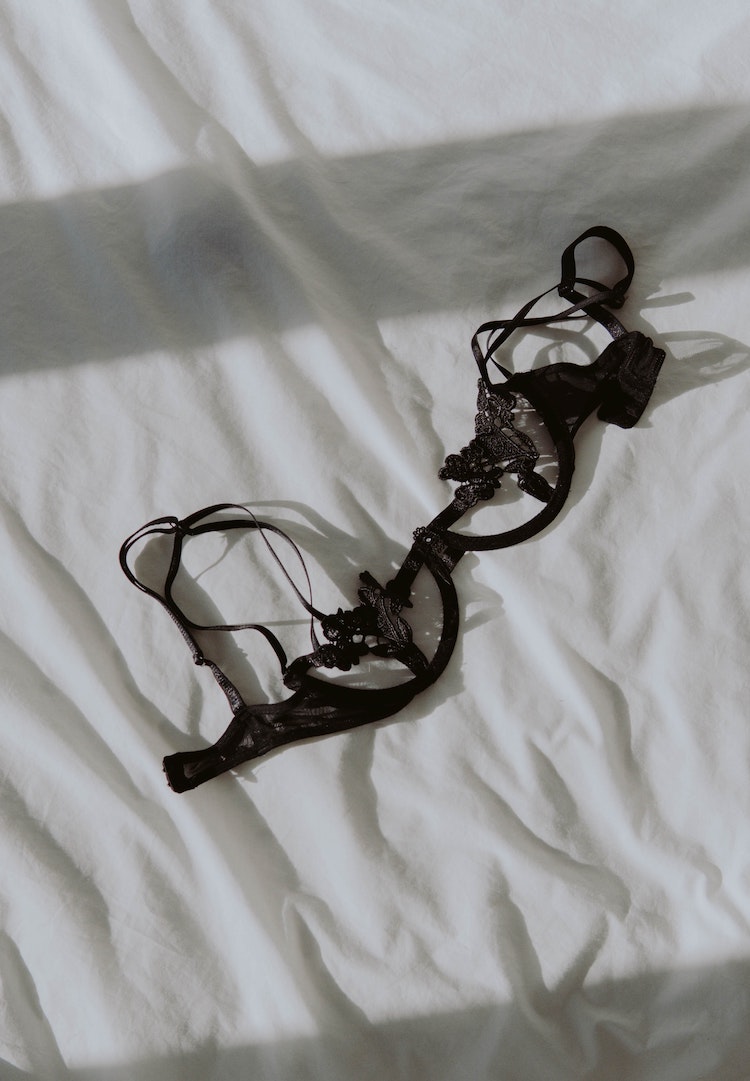Can you heal an anxious attachment style? I asked a psychologist
WORDS BY ALYSSA FORATO
“We can actually go a long way to being able to affect change for our attachment style by having healthy attachment experiences as adults.”
If you’re familiar with attachment theory, you’ll know our attachment style influences our daily lives. It impacts our mindset, how we interact with the world around us, how we build relationships and how we feel within them. While people with a secure attachment style thrive in their interpersonal experiences, insecure attachment styles usually don’t experience that same ease.
Anxious attachment is one of the most common insecure attachments, which many people develop as a child (we’ll get more into this later). When I look back on my primary and high school experiences, I realise this is where my anxious attachment style was most visible – you could see my desperation to please everyone around me from a mile away.
For more advice like this, browse through our Life section.
I bent over backwards for my toxic friends in the hopes that they would like me more, and my unhealthy perfectionism was reinforced by the academic awards, high marks and praise that my favourite teachers gave me (yes, I’m one of those burnt-out overachievers).
Since then, I’ve done a lot of work on myself, built up my confidence and am now learning to set firm boundaries in my relationships. This has made me curious if it’s possible to heal an anxious attachment style, or if I’m stuck with my needy, people-pleasing tendencies forever. So I spoke to Dr Rebecca Ray, a clinical psychologist and speaker, to learn more about anxious attachment and whether it’s possible to heal this insecure attachment style.
What is an anxious attachment style?
An anxious attachment style… is a child[‘s] attachment style, but we actually have adult attachment styles as well. So the one that you’re referring to in adult terms is called a preoccupied attachment style [but] you can also refer to it as anxious, that’s fine. When we’re talking about a preoccupied attachment, we’re talking about people that generally have a positive model of others.
That means that they place others as having more worth or more value than they themselves have. And they’re not avoidant, so they seek closeness with others, but they have a negative model of self… and what that results in is high levels of interpersonal anxiety. So the person who has an anxious attachment or preoccupied attachment is very likely to fall into patterns of people pleasing… even if it’s at the expense of their own needs.
So what causes somebody to develop an anxious attachment style?
Attachment starts in childhood… I call it a ‘relational template’ between how we relate to ourselves, how we relate to other people and how we relate to the world at large. Now, that template comes from our caregivers, whether that be your parents or the adults that were responsible for giving care to you. If those people gave you a sense of security in the world – your needs were met, and you were kept emotionally and physically safe – then in that situation, you grow up to have what’s called secure attachment.
That’s where you have a fairly good sense of self-worth, you believe that others are inherently good for the most part, and you operate in the world feeling pretty good about yourself. Whereas people who develop an anxious attachment style or preoccupied attachment style are often the children of parents who were anxious or parents who were incredibly critical… So these kids grew up thinking ‘I’m actually never good enough’. However, you can have a secure attachment that then changes to become an insecure attachment – preoccupied, avoidant or fearful – if you have a traumatising experience. So when I say it’s always the parents, that’s how our template is formed to begin with, but the template can be altered.
Can an anxious attachment style ever be completely healed? Or will it always be there, just on a far smaller scale?
It will be there on a smaller scale. I think that we can actually go a long way to being able to affect change for our attachment style by having healthy attachment experiences as adults. That means choosing people who are psychologically safe… which essentially means that you can show up as your authentic self in a relationship without fear of being criticised, without fear of being attacked. What we’re looking for with anxious attachment to transform into something that’s more secure is having lots of these repeated experiences that are interpersonally healthy.
[It’s about] choosing psychologically safe people in their lives so that they have these healthy interpersonal experiences that can help reshape their template. They might not ever be able to delete the original template, but it becomes more likely that they understand what interpersonal safety looks like. For example, I was raised by parents who were incredibly critical… [They] loved me, but loved me from a very authoritarian way… It was only when I met my now wife that having her love and being loved in a safe way taught me that it’s actually okay to be exactly who I am, and I don’t have to be perfect in order to be worthy.
What can people do to start healing their anxious attachment style?
… Sometimes that work has to actually start with your relationship with yourself. That means watching how you relate to yourself, and the first way to do that is to be aware of your self-talk. All of this is easier said than done; we’re talking about perhaps months or years of practice to change critical dialogue that happens in your mind. But it’s a really great place for people to start if they want to become aware of their attachment style… Are you repeating what was said to you as a child, and is that accurate? And is it helping you to be psychologically safe for yourself?
And how can people build psychologically safe relationships?
Find people that don’t make you question yourself… The people that I feel most comfortable with are the people that are authentic and show up as their imperfect selves; the people that fully accept themselves and therefore accept me. It doesn’t always have to be that way, but that can be a really helpful way for people that don’t know what interpersonally healthy relationships look like to go looking for people that seem to be comfortable in their own skin.
You can find out more about Dr Beck here.










